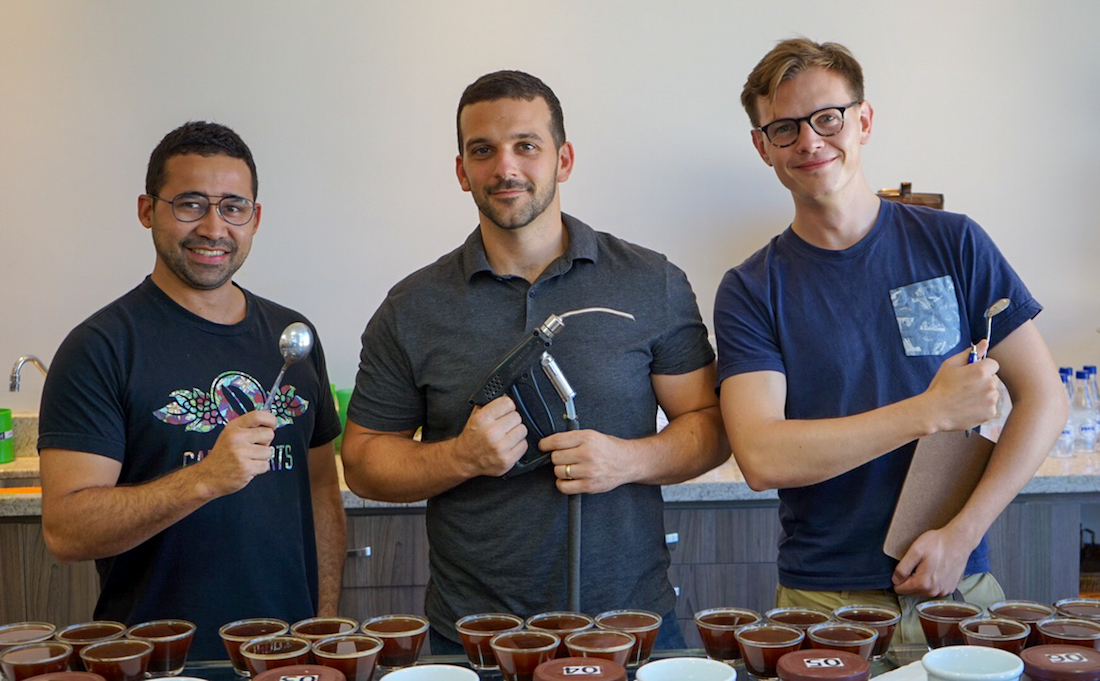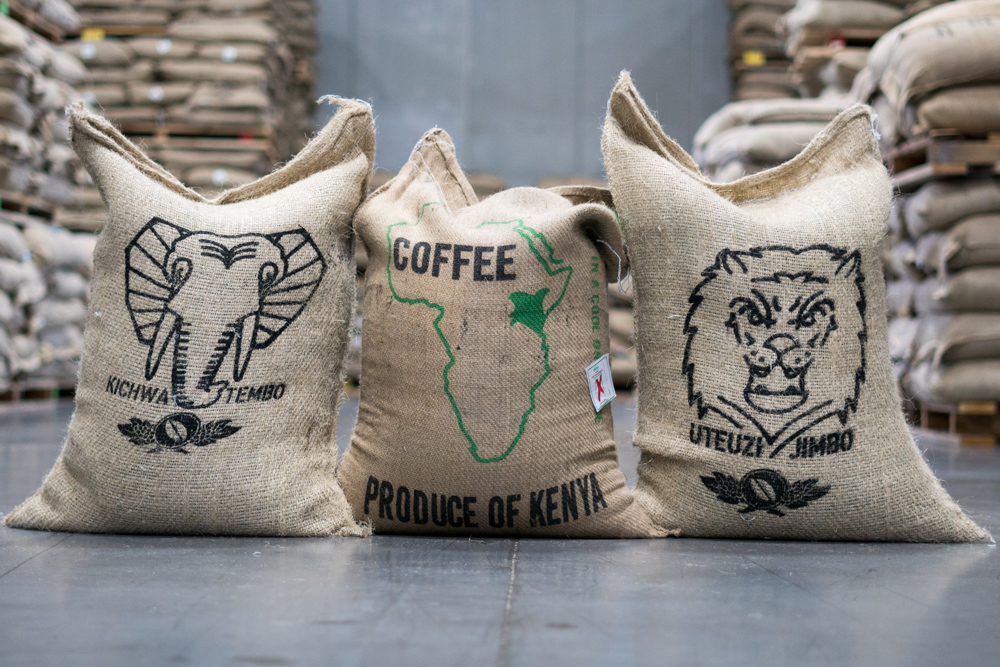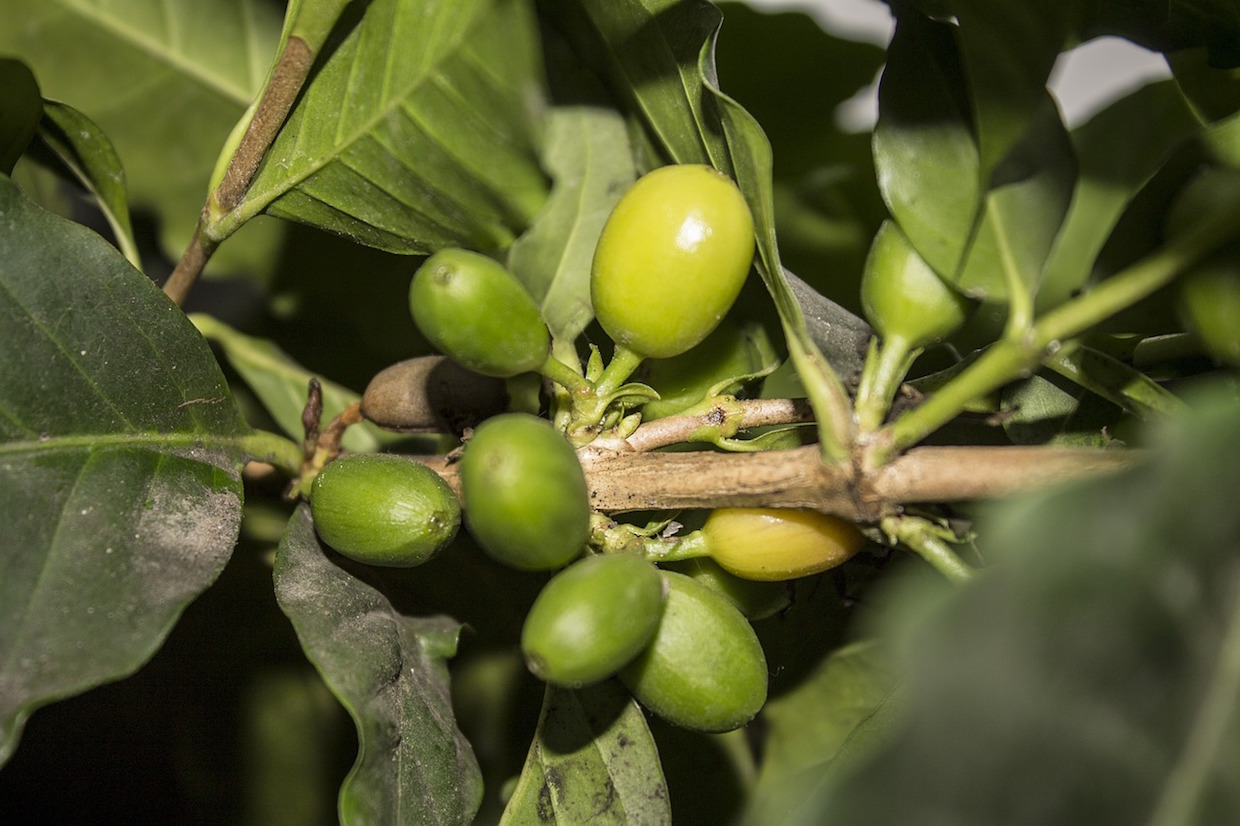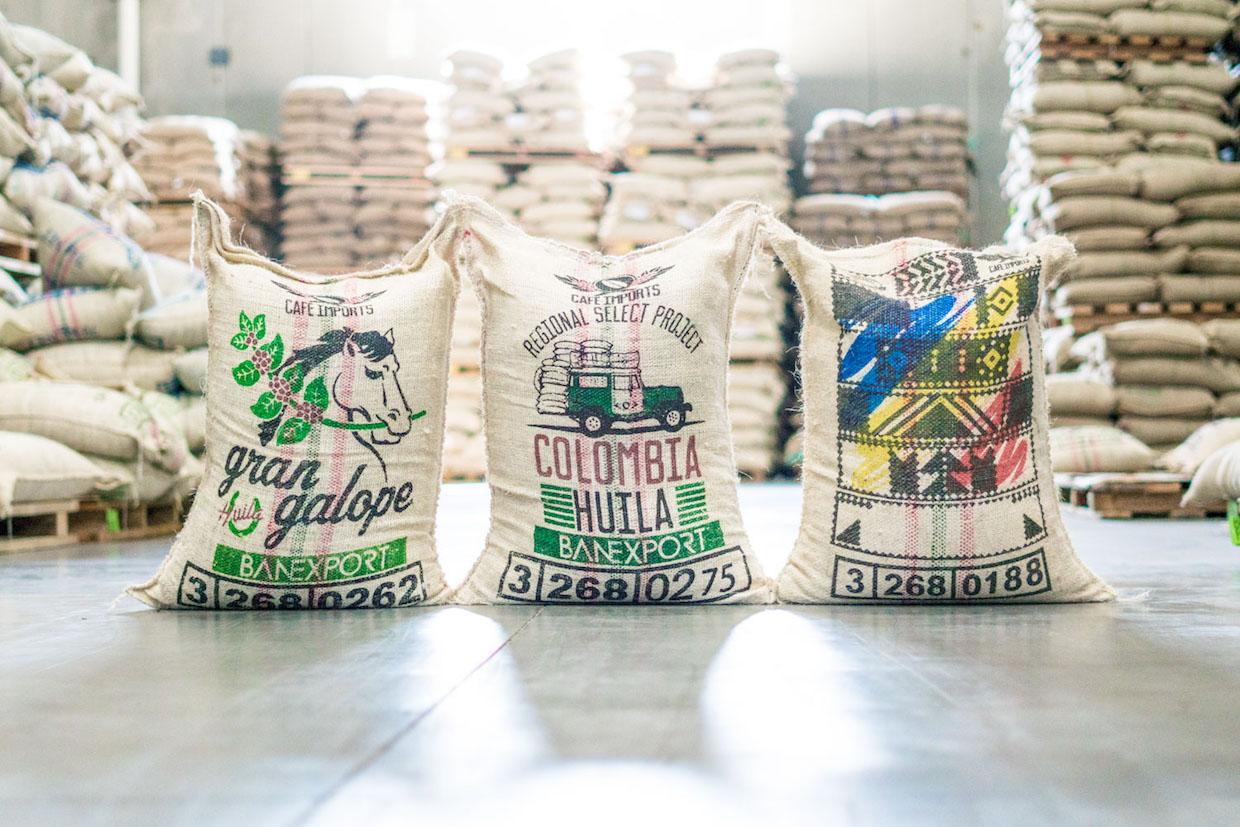Minneapolis-based green coffee importer Cafe Imports
this week unveiled “Stratified Offerings,” a wide selection of green coffees separated by tiers that reflects a more holistic buying approach the company has been developing for approximately three years.
What does that mean, exactly? Allow this inelegant but effective analogy: Think of the total green output of an individual producer or producer group as a cow. In the quality-obsessed upper echelons of specialty coffee, everyone is after the most premium cut, the tenderloin, which in this analogy may be a 90+ microlot that represents a small fraction of the total harvest — and they’re willing to pay a fair market price for it.
Cafe Imports says it’s interested in buying the whole cow, offering tiered pricing to producers based on cup score, down to a floor of 82 points. Such a model, the company says, establishes a more sustainable long-term partnership with producers, who can ideally sell all their inventory at a single point to a buyer in the specialty sector, rather than resorting to selling the majority of their output to the local market.
For its coffee roaster clientele, CI is presenting the fruits of this model through three distinct offering types separated by cup score (82-84, 85+ and 88+), and within each of those categories are subcategories that dig deeper into a coffee’s origins, its farm-level or regional characteristics, and more. The idea is each of these coffees has value to roasters — whether the coffee in question is a 90+ single-farm palate-zinger or a more workaday coffee that might fill out a balanced blend — and that they all have a place in the specialty world.
The company says the model was honed with the Colombian coffee development and export company Banexport, while it has similarly been applied in association with farmers, communities and associations in Brazil, Costa Rica, El Salvador, Guatemala, Kenya, Mexico and Peru.
Cafe Imports Content Specialist Meister told Daily Coffee News that approximately 65 to 70 percent of CI’s current inventory reflects the stratified sourcing model.
“I think that we are looking to buy not necessarily higher total volumes simply for the sake of buying higher volume, but we do see the natural shift happening where we are able to both buy the amount of the bulk lots that we need based on our sales record, and we also see the quality and the volumes simultaneously increase in the other two ‘higher’ tiers because of this ability to buy more overall in this consolidated sourcing method,” Meister told Daily Coffee News via email. “The idea is that even if the volumes remain relatively stable or increase at a slow/healthy rate of growth, the quality gets shifted up because of this level of business support we are able to offer producers, to give them more reliable, consistent, and transparent market access.”
If all goes well, such reliability equates to less risk for producers, who may receive enough financial support not only to sustain their operations this year, but to grow them along with incentives for improved quality.
“In theory, the risk-mitigating mechanism is in fact the stratified buying model, because ideally we are after the microlots, but buying the 85+ workhorse coffees and the lower-tiered signature coffees is offering a safety net to the farmers who may get rejected by the ‘microlot’-only buyers, or ‘direct selectors,’ CI Senior Vice President of Sales Noah Namowicz told DCN. “This is a more responsible way to inject cash in various quality levels to provide that monetary incentive for the coffee to continue to improve, and also make it so it is not a ‘best or nothing’ approach.”

Noah Namowicz (center) pictured with Cafe Imports Green Buyer Luis Arocha (left) and Stuart Ritson, European sales. Photo courtesy of Cafe Imports.
Of course, we kind of have to take CI’s word on all of this, since pricing transparency is a convoluted mess in any industry in which raw goods are inescapably tied to the commodities markets, and in which reaching the very top markets for specialty are presents a gamble for producers.
“For most coffee farmers, it doesn’t make sense for them to produce exceptional coffees, because they’re selling maybe 10 percent of their total production as a microlot, the best-of-the-best quality. Then the rest was just sold locally,” Namowicz said in an introductory post on the company’s website. “Looking at the amount of money it would take to invest in raised beds, increased fertilizer, increased labor in picking coffee — all of the things that are basically required of specialty coffee — they were losing money as opposed to if they just did everything commercially. So the model is really saying, ‘OK, let’s look at this as a business. Your farm is a business, and we are a business. What type of a structure makes sense for you to take the risk in trying to produce specialty coffee?'”
Nick Brown
Nick Brown is the editor of Daily Coffee News by Roast Magazine.
Comment
2 Comments
Comments are closed.









I would really like to get an empty bag from your Columbian Gran Gallop to display in my shop.
Please let me know how I can make this happen.
Thank you.
Hello, Erik: I might be able to help you with this: E-mail me at [email protected] and I will see what I can do for you! -Meister